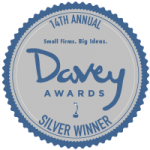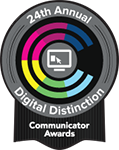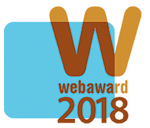Support us
Contact us
Get help
Davey Award

Communicator Award

Webaward 2017

Webaward 2018

W3 Award

Intellectual property is the product produced by human intellect that may have value and have received legal protection. The valuation of intellectual property comes from the ability to control and share the expression of the intellectual product in exchange for monetary compensation. The major types of intellectual property are patent law, trademark law and copyright law. The Hawaii State Public Library System has numerous publications discussing various aspects of these laws. Searching for this subject can be done at any branch of the library system or remotely at test-library.ehawaii.gov.
Patent law is largely found in Title 35 United States Code, Sections 101-376 and Title 37 Code of Federal Regulations, Chapter I, pages 3 to 232. Additional information can be located at www.uspto.gov. Preliminary searches and assistance in using patent search related sources can be found at the Federal Documents Section of the Hawaii State Library. More information about the Federal Documents Section can be found at hawaii.sdp.sirsi.net/custom/web/feddocs.
Trademark law is largely found in Title 15 United States Code, Sections 1051-1127 and Title 37 Code of Federal Regulations, Chapter I, pages 233-347. Additional information can be located at www.uspto.gov. Preliminary searches and assistance in using trademark search related sources can be found at the Federal Documents Section of the Hawaii State Library. More information about the Federal Documents Section can be found at hawaii.sdp.sirsi.net/custom/web/feddocs.
Copyright law is largely found in Title 17 United States Code, Section 101-810 and 1001-1010 and Title 37 Code of Federal Regulations, Chapter II, pages 483-720. Additional information and resources for copyright searches are located at www.copyright.gov.
Making photocopies or reproductions of copyrighted materials are allowed under certain conditions specified by the law. Therefore, for the convenience of our users, self-service photocopiers are available for legal and legitimate use at every branch of the public library system. Fair use allows the limited right to use copyrighted works that have a social benefit and has to consider these four factors:
If the photocopies are used for purposes other than private study, scholarship or research, the use may exceed fair use and the user may be liable for copyright infringement. Works in public domain can be photocopied freely, without penalty. To determine if a work is in public domain, an updated chart is available at guides.library.cornell.edu/copyright/publicdomain.